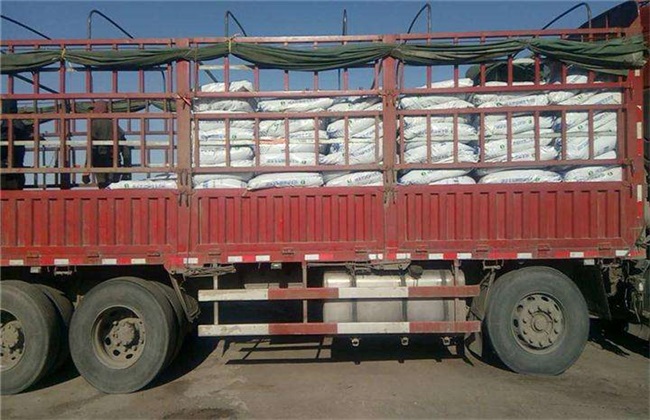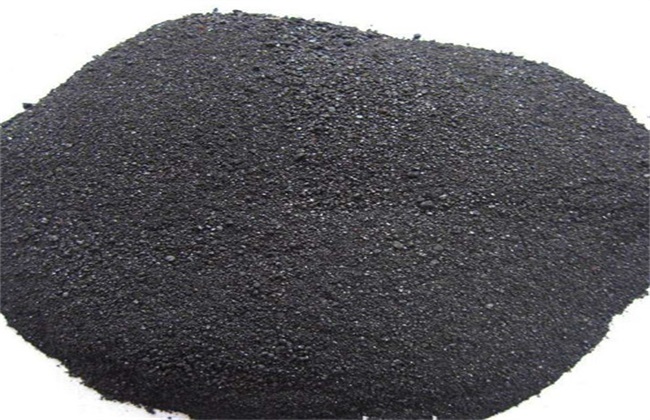The role of microbial agents
Microbial agents are through the propagation of microorganisms, the use of some porous substances as adsorbents. Then it is processed into an active bacterial preparation, and the microbial agent can be used to mix seeds and irrigate roots. It is very beneficial to the growth of crops, has a lot of functions, and is welcomed by many people. So what exactly is the effect of microbial agents? Today, the editor will give you a brief introduction. Let's take a look at it.

1. Improve yield and quality
Microbial agents can provide a large number of nutrients for crops and promote the growth of crops. And many microorganisms can also secrete gibberellin, cytokinin and other active substances, which is very beneficial to the growth of plants, and can achieve the purpose of increasing production. And microbial agents can also improve the quality of crops. A survey of professional data shows that after the use of microbial agents, the contents of protein, amino acids and other nutrient elements in crops are effectively improved. It can be of great help to the development of fruits and grains of crops.
2. enhance the stress resistance of crops.
In most microbial agents, microorganisms can secrete antibiotics. It contains active enzymes that have a strong inhibitory effect on bacteria and can even kill them. Therefore, it can not only reduce the incidence of crop diseases and insect pests, but also improve the stress resistance of crops. For example, after the use of microbial agents, the cold, drought and even lodging resistance of crops have been enhanced. At the same time, it can effectively reduce some physiological diseases and avoid some unnecessary losses in planting.
3. Improve the utilization rate of chemical fertilizer.
Most of the microorganisms contained in microbial agents can classify the organic matter in the soil. When organic matter is graded, humic acid is gradually formed. Humic acid will combine with nitrogen in the soil to form a kind of ammonium humate, which can significantly reduce the loss of nitrogen fertilizer. In addition, there are some microbial agents that can decompose the solidified phosphorus and potassium fertilizer in the soil into available phosphorus and potassium fertilizer. So as to improve the utilization rate of chemical fertilizer, not only reduce the input cost of fertilizer, but also avoid wasting too much resources.
4. Improve soil nutrients.
The effective bacteria in microbial agents can dissolve some insoluble nutrients in the soil, so as to improve the nutrient content of the soil, so that crops have more nutrients. Effective bacteria can also secrete a lot of extracellular polysaccharides. The main function of this substance is to bond the aggregate structure in the soil together and improve the looseness and permeability of the soil. So as to reduce soil erosion and improve soil nutrients. Activate the potential nutrients in the soil, improve soil fertility and promote the healthy growth of crops.
The above is a brief introduction to the role of microbial agents. That's all for today's introduction. This article is for reference only. I hope it can help you all.
Related
- Fuxing push coffee new agricultural production and marketing class: lack of small-scale processing plants
- Jujube rice field leisure farm deep ploughing Yilan for five years to create a space for organic food and play
- Nongyu Farm-A trial of organic papaya for brave women with advanced technology
- Four points for attention in the prevention and control of diseases and insect pests of edible fungi
- How to add nutrient solution to Edible Fungi
- Is there any good way to control edible fungus mites?
- Open Inoculation Technology of Edible Fungi
- Is there any clever way to use fertilizer for edible fungus in winter?
- What agents are used to kill the pathogens of edible fungi in the mushroom shed?
- Rapid drying of Edible Fungi



